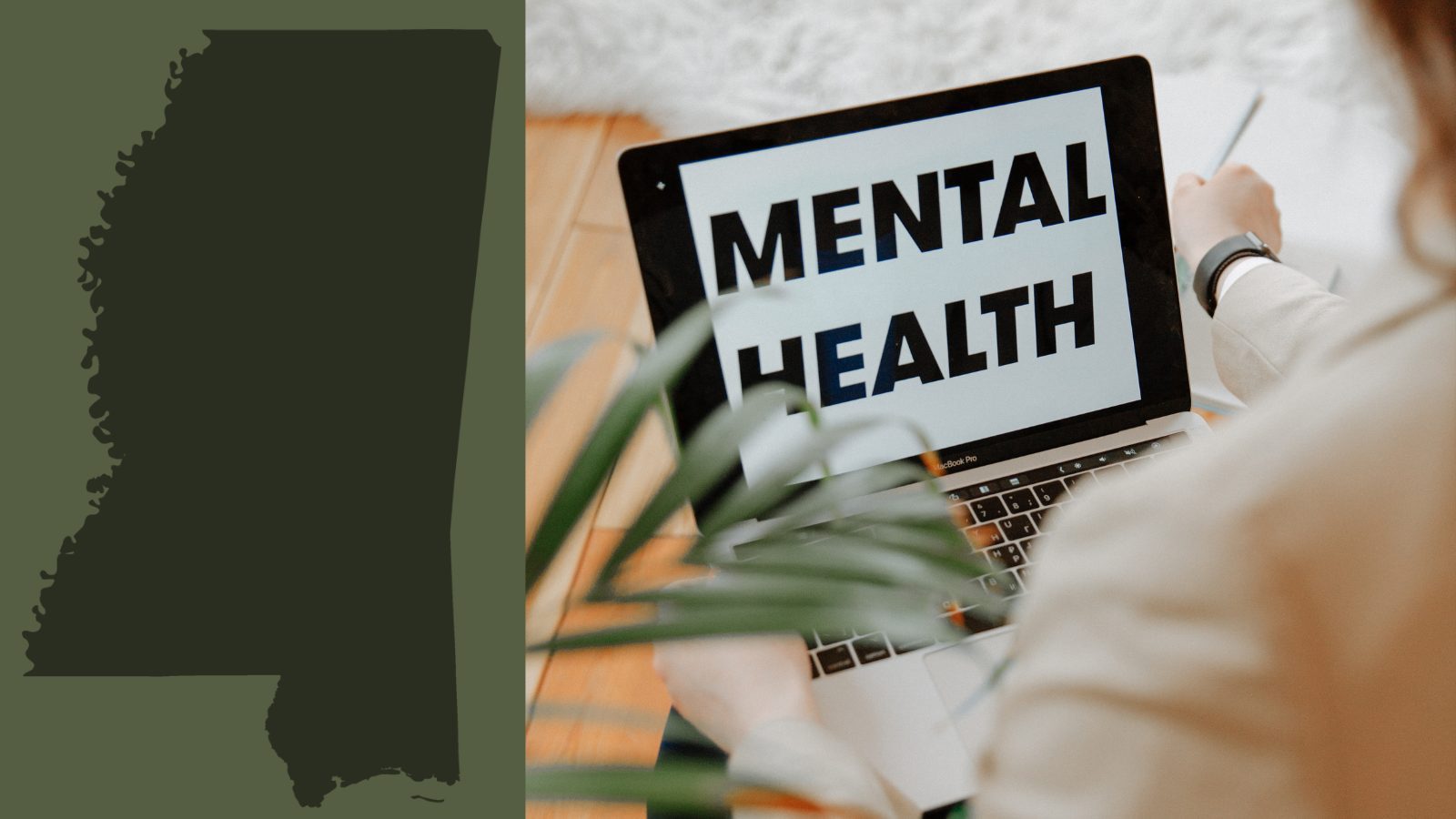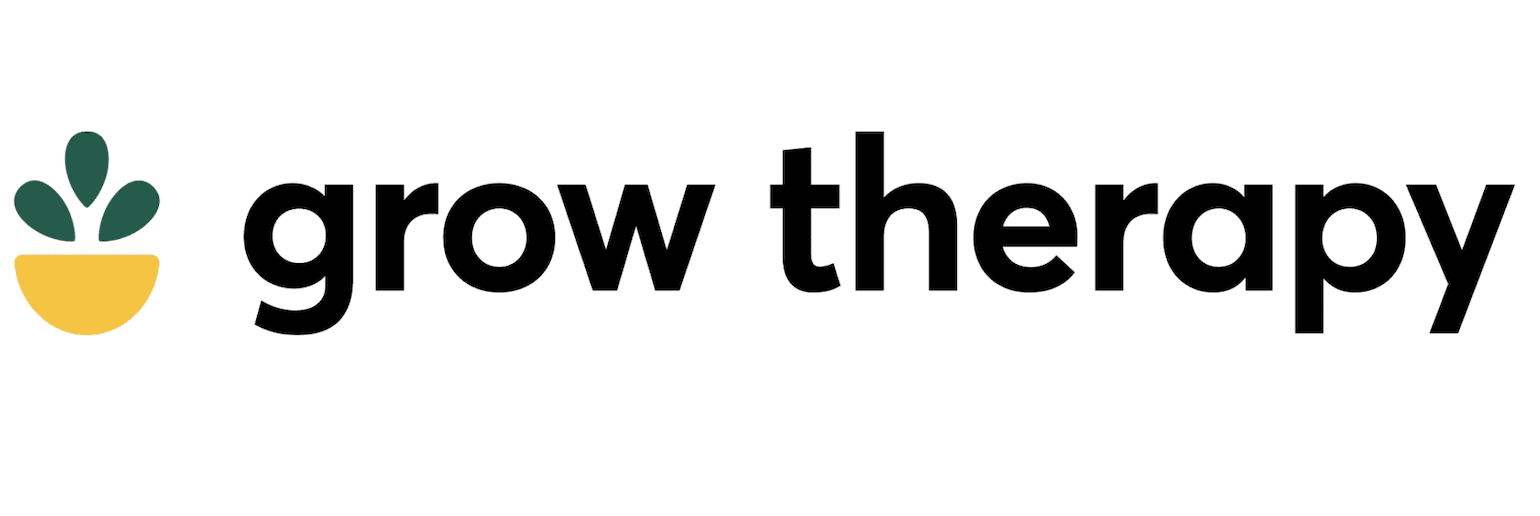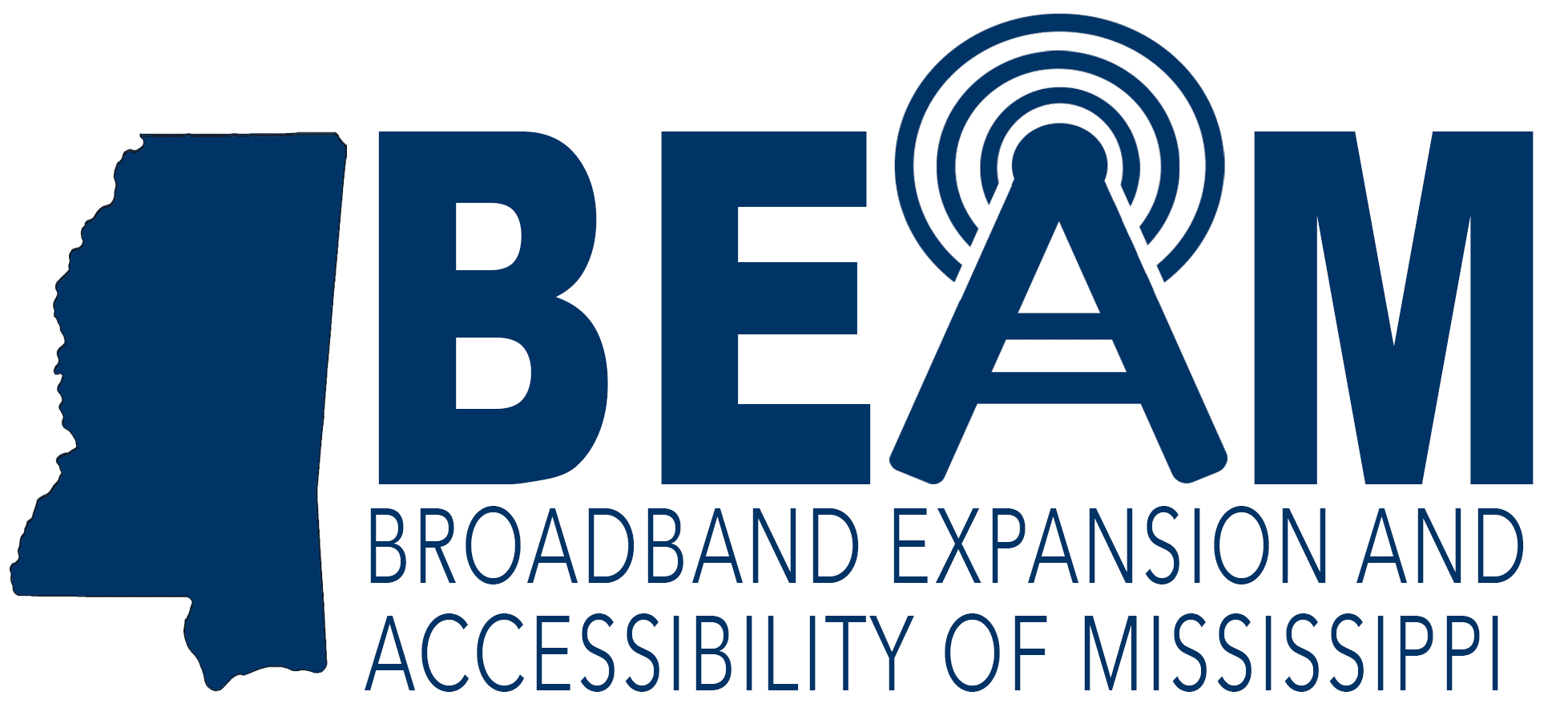
Expansion of Grow Therapy seeks to add to the gains made in the state by bridging the gap between therapists and people seeking mental health care.
Grow Therapy announced today the expansion of its services to multiple states across the country. The expansion includes availability in 22 new states, including Mississippi, making Grow Therapy services now available in 36 states.
According to the National Alliance of Mental Illness, 31,000 adults in Mississippi have a mental health condition. In February 2021, 42.7% of adults in Mississippi reported symptoms of anxiety or depression while 21.1% were unable to get needed counseling or therapy.
Adam Moore, Director of Planning and Communications at the Mississippi Department of Mental Health (DMH), said generally speaking of Mississippi, one good resource that provides a look at mental health services in the state is the Mental Health America 2023 State of Mental Health in America report, which MHA published in October.
The report ranks all 50 states and Washington, D.C. based on 15 mental health and access measures for both adults and youth. In the overall ranking, Mississippi is 25th, an improvement from last year when Mississippi was ranked 36th and is a significant improvement if you go back more than a decade when Mississippi was ranked 40th in 2011.
Many of the measures are ranked based on reporting from the Substance Abuse and Mental Health Services Administration (SAMHSA).
Additional statistics from the MHA Report:
- Adult Ranking – Mississippi is 28th compared to 41st in the previous report. This measure compares prevalence of mental illness and access to care.
- Youth Ranking – Mississippi is 19th compared to 16th in the previous report. This measure compares prevalence of mental illness and access to care.
- Access to Care – Mississippi is 42nd compared to 47th in the previous report. The Access to Care ranking indicates how much access to mental health care exists within a state, including access to insurance, access to treatment, quality and cost of insurance, access to special education, and mental health workforce availability.
- Adult Prevalence of Mental Illness – Mississippi is 18th compared to 19th in the previous report.
- The report notes that 21% of adults, more than 50 million Americans, are experiencing a mental illness. Additionally, in information previously compiled from SAMHSA, it was estimated that in Mississippi, approximately 446,000 adults over the age of 18 experienced Any Mental Illness in the past year, while 116,000 experienced Serious Mental Illness in the past year.
Grow Therapy CEO and Co-Founder Jake Cooper said their launch in Mississippi means more opportunities for people to access affordable mental healthcare and for providers to be able to open their own in-network private practice.
“Grow Therapy can help to provide affordable access to mental healthcare via commercial insurance or cash pay,” Cooper said. “Grow Therapy’s providers serve a wide spectrum of mental healthcare needs from lower acuity ‘mental maintenance’ to higher acuity, psychiatric care and medication management.”
When asked what made Mississippi an appealing state to launch this expansion, Cooper said it was due to the state ranking 42nd in access to mental healthcare and based on access to insurance, access to treatment, quality and cost of insurance, access to special education, and workforce availability.
Cooper added that compared to the nationwide average, Mississippi reports a higher prevalence of mental illness and lower rates of access to care, as outlined in “The State Of Mental Health In America, 2022.”
“We see the expansion into Mississippi as an incredible opportunity to give Mississippians access to critical mental healthcare, whilst also enabling independent therapists to open up their own private practice and serve the communities they care about most,” Cooper explained.

The Grow Therapy CEO and Co-Founder said they are on a mission to bridge the gap between therapists and people seeking mental health care.
“Unfortunately, that gap has only gotten wider since the onset of the pandemic as providers have struggled to keep pace with drastically increased demand,” Cooper said. “By removing barriers for both consumers and providers, we’re making strides to narrow the deficit.”
Clients looking to find a therapist can start by heading to growtherapy.com. From there, they select their state and insurance or cash pay as well as their type of care or whether they are looking for in-person or remote sessions.
“They can scroll through and learn more about each individual therapist who matches their search criteria and book an appointment,” Cooper stated. “Most therapists will be available to see within 48 hours. If clients are unsure of who might be best for them, they can speak with the Grow Therapy matching team, who will help them find a therapist who meets their needs. And if it’s not a perfect match, the matching team will work with them to find a better fit.”
Moore shared a brief overview of some community services designed to enable people to continue living in their communities without the need for inpatient admission to a DMH program.
In FY11, there were no Supported Employment, Supported Housing Programs, Certified Peer Support Specialists, or Crisis Intervention Teams in the state that DMH was funding. In FY22, those services exist and served the following numbers of people in FY22:
- 219 people were employed in the community through Supported Employment.
- 239 people were housed through the CHOICE housing program.
- There were 201 Certified Peer Support Specialists employed at the end of FY22.
- There are now eight fully functioning Crisis Intervention Teams in the state. CITs are partnerships between local law enforcement agencies and local mental health providers, with members who have been through a 40-hour training class.
There were 128 crisis stabilization beds in the community in FY11, and now there are 184. Six new units have been added in recent years, and they served 3,108 people in FY22, diverting 90% of them from requiring admission to a higher level of care.
In addition, Mississippi had zero Mobile Crisis Response Teams in FY11. These are also multi-disciplinary teams that offer mobile crisis and evaluation services. There are now 14 teams around the state. They had 30,571 calls, contacts, and follow-ups in FY22, with 11,657 of those being face-to-face interactions.











